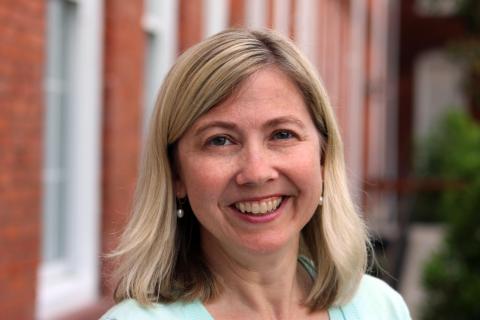
A new study—authored by DUPRI scholar, S. Malcolm Gillis Distinguished Research Professor of Public Policy, and Director of the Center for Child and Family Policy Jennifer Lansford and a team of co-authors—finds that parental warmth during childhood and adolescence predicts young adults’ beliefs that the world is good, safe, and enticing. Other childhood experiences—such as harsh parenting, low socioeconomic status, and neighborhood danger—demonstrated weak association to these "primal world beliefs." The article was published in the journal Child Development.
Primal world beliefs ("primals") capture understanding of general characteristics of the world, such as whether the world is Good and Enticing. Children (N = 1215, 50% girls), mothers, and fathers from Colombia, Italy, Jordan, Kenya, Philippines, Sweden, Thailand, and United States reported neighborhood danger, socioeconomic status, parental warmth, harsh parenting, psychological control, and autonomy granting from ages 8 to 16 years. At age 22 years, original child participants reported their primal world beliefs. Parental warmth during childhood and adolescence significantly predicted Good, Safe, and Enticing world beliefs, but other experiences were only weakly related to primals. The authors did not find that primals are strongly related to intuitive aspects of the materiality of childhood experiences, which suggests future directions for understanding the origins of primals.
For more reporting on this study, visit PsyPost.
